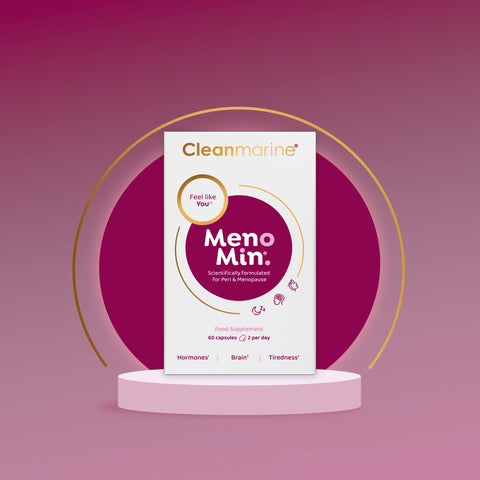In an ideal world, everyone should be getting all the vitamins and minerals they need by eating a healthy, well-balanced diet and shouldn’t need to supplement with a multivitamin.
Vitamins and minerals are essential nutrients, such as iron, vitamin D, calcium, magnesium, vitamin C and B vitamins that our body needs in adequate amounts to function properly.
However, this may not be very likely, especially for men. A 2016 Mintel report found that UK men have a higher vitamin and mineral deficiency than women; and only 21% of males started taking a multivitamin due to a recommendation from a healthcare professional.
Unfortunately, the condition our food grows in today is not what it used to be; nutritious and good quality food can only be produced if our soils are healthy living soils. Over the last 50 years, advances in agricultural technology and increased demand due to a growing population have put our soils under increasing pressure. Intensive crop production has depleted the soil from vital minerals such as magnesium, phosphorus, potassium and calcium which are needed by plants for growth.
Most men should be able to get almost all the vitamins they need if they pay attention to nutrition, but not all men actually do and a healthy food intake suffers. Nutrition needs change due to age, lifestyle and environmental factors such as stress, alcohol consumption, smoking and exercise. These are all factors that can deplete the body of magnesium, zinc, B vitamins and Vitamin C.
Men who work inside all day do not get adequate exposure to the sun, which is needed for the body to manufacture Vitamin D. Vitamin D becomes even more important with age, because it's needed to absorb calcium and helps prevent weak muscles and bones. Vitamin D deficiency may increase the risk of colon cancer and studies have found that men with low vitamin D levels are twice as likely to have heart attacks.
As we age, particularly over the age of 40 years, the body naturally produces less Coenzyme Q10. CoQ10 is a compound in our body which helps to generate energy in your cells and acts as a potent antioxidant that may protect against cardiovascular disease by reducing the oxidation level of circulating LDL cholesterol. Additionally, the cholesterol lowering drug statins block the production of CoQ10 in the body resulting in lower energy and improper muscle function such as muscle weakness, pain and stiffness in joints. It is widely known by health care professionals about the link between statins and CoQ10 and is recommended to take a Coenzyme Q10 supplement alongside the drug.
Men have an increased need for B vitamins which boosts brain health and energy. B Vitamins are used throughout the body to help fuel the metabolism, and keep the nervous system working. As the heart is the most active muscle in the body, requiring constant fuel and co-ordinated messages from the nervous system, B vitamins are the ideal aid for heart health. Vitamin B12 supports the normal functioning of the nervous system, including memory.





